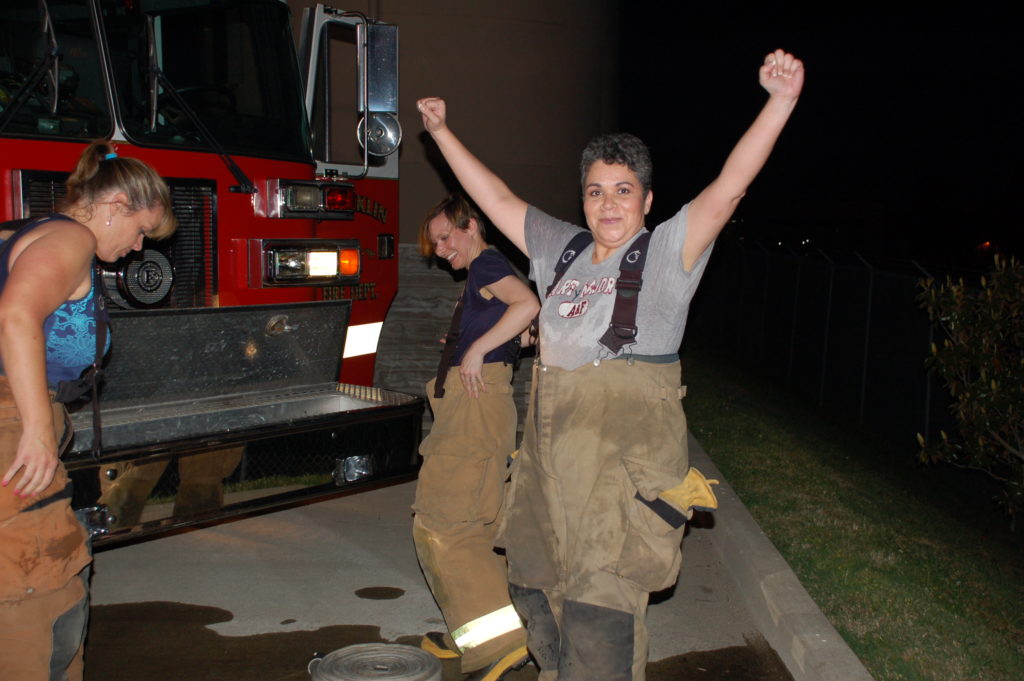Alive Welcomes Grief Counselor Carla Archuletta LPC/MHSP, NCC
Published on September 17, 2021
Now Offering Eye Movement Desensitization and Reprocessing (EMDR) for Grief

Carla joined Alive in August and is also a contract therapist for Gilda’s Club of Middle Tennessee where she ran a grief group and helped create their individual counseling program for cancer patients and caregivers providing them with individual counseling at her private practice in Brentwood. She is a Licensed Professional Counselor and Mental Health Service Provider (LPC/MHSP) with a Master of Arts degree in Clinical Mental Health Counseling. Carla specializes in complex trauma related to life-threatening illnesses, anxiety, and grief and is an Eye Movement Desensitization and Reprocessing (EMDR) Certified Clinician. She is based out of Alive’s Franklin office.
We asked Carla to share more about herself and treating trauma.
Q. What is EMDR? How does it work?
A. EMDR accesses traumatic memories in small doses so the client can reprocess and desensitize the trauma. It stimulates both hemispheres of the brain (often with eye movement, bilateral sounds, or the use of bilateral TheraTappers). When a person experiences trauma and enters freeze, fight or flight mode, the body stores images and sensations that hold onto that trauma. EMDR is one of the fastest ways to release it. Research indicates three sessions can be enough to begin to provide relief.
Q. How does this relate to grief from the loss of a loved one?
A. When the threat of illness comes, it triggers our body’s evolutionary response, almost as if a saber toothed tiger has jumped out of the woods, and we automatically activate survival mode. There is no time to process and the amygdala, that reptilian part of the brain, takes over putting the body into fight, flight or freeze mode to survive and ward off the threat. This part of the brain doesn’t distinguish between past and present, and every time it is triggered the trauma comes back and floods the body and brain.
Caregiving can be traumatic and overwhelming; you are trying to make the best decisions while stressed and facing loss. Caregivers often second guess health care decisions after the death of a loved one. Some may not be able to stop seeing the death face of their loved one. The image can take over. Visiting a doctor’s office can be triggering. These traumatic memories make it harder to heal. EMDR helps release the trauma by activating it a little at a time and desensitizing it in a safe place with the guidance of a mental health professional.
Q. What do you do for fun?
A. I’m a music lover and am learning to play the ukulele. I already play a mean rainstick! I love animals, the beach, nostalgia movies, cooking old family recipes, and anonymously picking up the tab at restaurants for diners or drivers behind me at in the drive-thru lane.
Q. What brought you to Alive?
A. Alive’s vision and mission drew me here. Alive has a great reputation with people experiencing a life limiting illness and with their caregivers and loved ones, and I have always wanted to be part of the organization. The timing was finally right to join. I love the work I’m doing. Stepping into your calling and being able to offer help to those that are hurting is the greatest gift of all.

